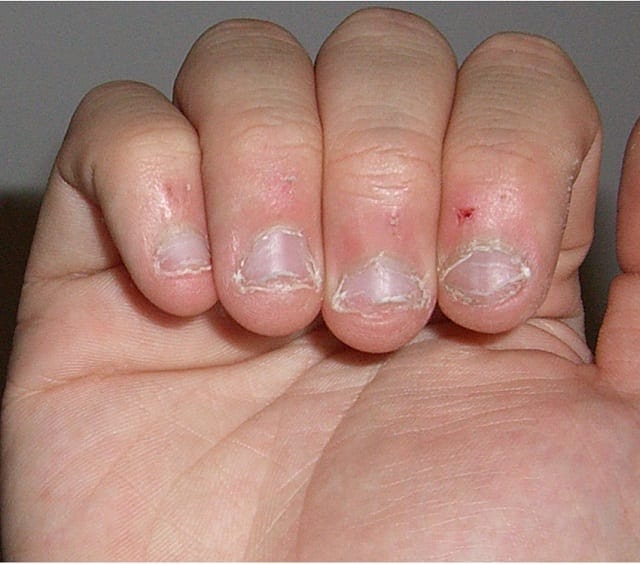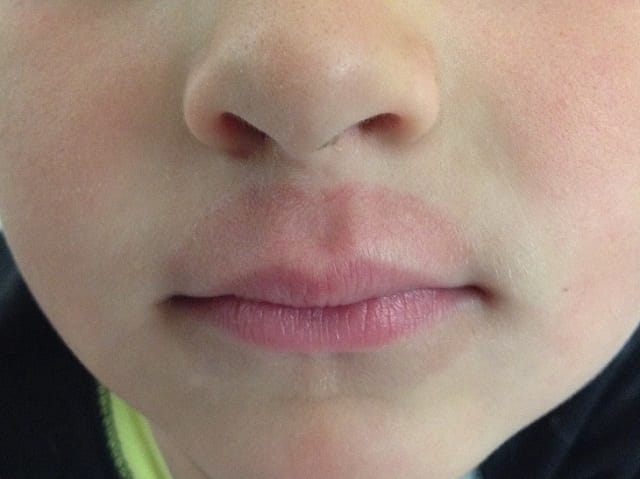How to Correct Your Child’s Bad Habits
As a parent, when you notice your child displaying what you perceive to be bad habits, you may become annoyed and end up scolding, nagging, or even punishing your child in an attempt to get rid of the behaviour. However, you need to bear in mind that children develop many coping mechanisms to help them deal with feelings such as boredom, fatigue, and anxiety. For some of them, they may have discovered a habit that feels good to them and repeated the behaviour, which they eventually use as a coping mechanism for bad experiences. Sometimes, children learn those habits by imitating adults.
Hence, focusing on the habit itself may backfire and may even make a child cling to it more stubbornly. Worse, teasing or nagging can discourage children and make them feel bad about themselves.
Instead, you can help by avoiding criticism, identifying sources of stress, providing a secure environment, and offering extra attention and acknowledging positive qualities. Most of the childhood habits are typically harmless and usually disappear on their own as your kids grow older.
The following are some of the common bad habits as well as some tips on how you can discourage your child from repeating them. During this period of the COVID-19 outbreak, it is especially important to help your child cultivate good habits of personal hygiene.
Nail Biting
Nail biting is extremely common among young children. They may bite their nails when they’re bored, nervous, or focused on an activity such as homework or TV. Dry hands can also provoke kids to bite the rough skin around the cuticles. In rare cases, nail biting can cause bleeding or infection to the skin around the nail or even small fractures at the edges of the teeth.

To discourage this habit, don’t make your child self-conscious by saying that the nails look bad. Instead, help your child establish a nail care routine. Regular use of moisturizer, a nail hardener, and an emery board can soften skin and smooth out nails, making them less tempting to bite.
Nose Picking
Nose picking is not just a bad habit for kids. Adults do it too. One problem with nose picking is that it can cause minor nosebleeds and may increase the risk of catching colds since it’s easy to pass respiratory viruses from hand to nose. Pink eye (conjunctivitis) is a possibility if your child picks his nose and then rubs his eye. Frequent picking can also lead to sores and scabs inside the nose, which may intensify your child’s desire to pick. This is why nose picking can be such a difficult cycle to break.
As parents, it is easy to get upset about this socially unacceptable behaviour., but try to avoid over-reacting by using negative language to describe what you see. Over-reaction may actually prompt a toddler or preschooler who enjoys provoking you to pick their nose more often. To discourage this habit, remind your child not to pick his nose in public. Offer tissues and help to keep their hands clean and fingernails short to minimise the risk of infection.
Thumb Sucking
Thumb sucking is an entirely normal comfort behaviour for many children. Like most other habits, thumb sucking is likely to occur when your child is bored, tired, or frustrated. The habit is harmless unless it continues after the permanent teeth come in, at which point it could cause a misalignment. Also, with concerns over COVID-19, thumb sucking (and nail biting) may lead to infection if the hands are not sanitised.
You can help to lessen your child's attachment to the behaviour by providing a secure environment, preventing boredom by offering ample opportunities for creative play, or suggesting a game that involves both hands. Provide gentle reminders, apply a bitter-tasting solution designed for this purpose, or use positive reinforcement.
Lip Licking or Chewing
Licking and chewing the lips usually starts when a child tries to moisten or smooth chapped lips by either licking them or chewing off rough skin. The more they lick or chew their lips, the rougher and irritated their lips become, resulting in a habitual cycle. Chronic licking irritates not just the lips but also the skin around them, causing soreness and increasing the risk of infection.

To deal with this, focus on soothing your child's lips so that licking or chewing becomes less tempting. If necessary, let your child apply lip balm throughout the day and a thin coating of petroleum jelly before bedtime.
Teeth Grinding
Many children and adolescents grind their teeth in their sleep. The reason it occurs isn’t clear, but theories include anxiety and a subconscious effort to correct an irregular bite. Some kids stop this behaviour naturally once all their permanent teeth come in; others take it into adulthood with them. Teeth grinding usually results in a hard clenching of the jaw that can lead to an aching jaw, headaches, or worn or loose teeth.
There’s not much you can (or should) say or do about this habit because your child is most likely completely unaware of it. However, you can minimize the damage to their teeth by staying on top of dental care with regular checkups and discuss the problem with your child’s dentist.
Hair Pulling
If your child has a habit of twirling or pulling hair in conjunction with thumb sucking, it's probably a minor issue that will usually stop when the thumb sucking stops. A more worrisome hair pulling habit is called trichotillomania, characterised by having urges to pull one's own hair out. This kind of hair pulling can become a chronic problem that eventually leads to visible bald spots.
If your child is still very young, the most effective way to handle hair pulling is to focus on breaking the accompanying thumb sucking habit. If your child is older and still engages in hair pulling, talk to a doctor. Cutting the hair short doesn't really work. Sometimes an underlying disorder such as depression is to blame and counseling may help.
If you have experience with these issues, how do you managed to change your child's habits? Let us know so other parents can learn from you.
Last Updated on 7 October 2024
Community Ambassador; as someone who was raised in a rather privileged family, I hope to address the inequity in educational outcomes based on the circumstance of birth. Bounced around between Australia and Singapore a fair bit.






As a parent, you pass more than genes down to your children. Kids pick up your habits too — both good and bad. https://www.healthline.com/health/healthy-habits-mothers-should-teach-kids